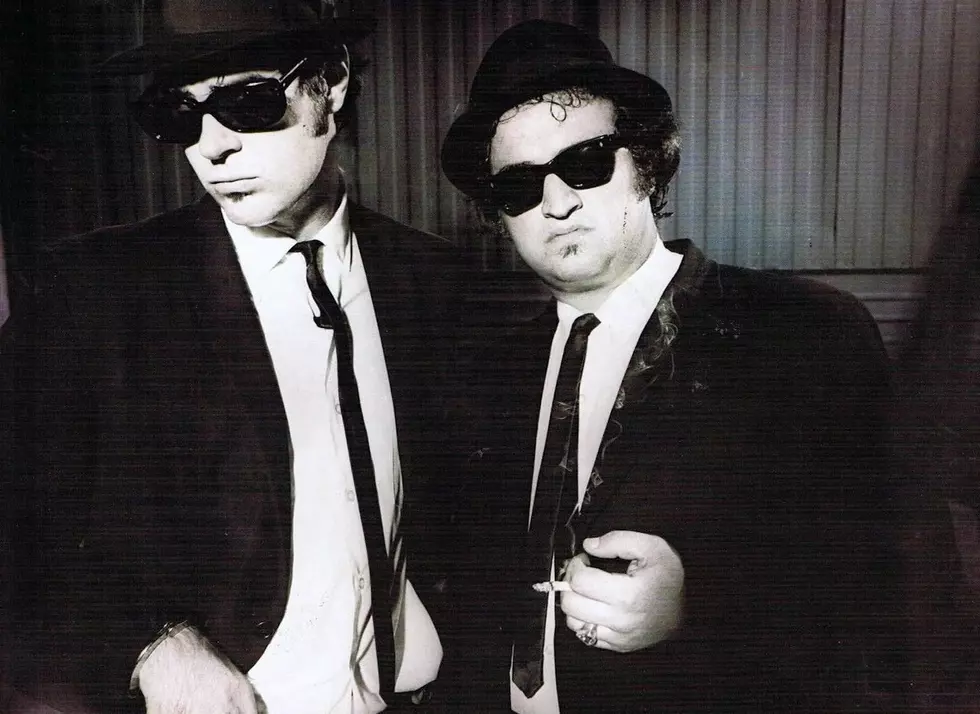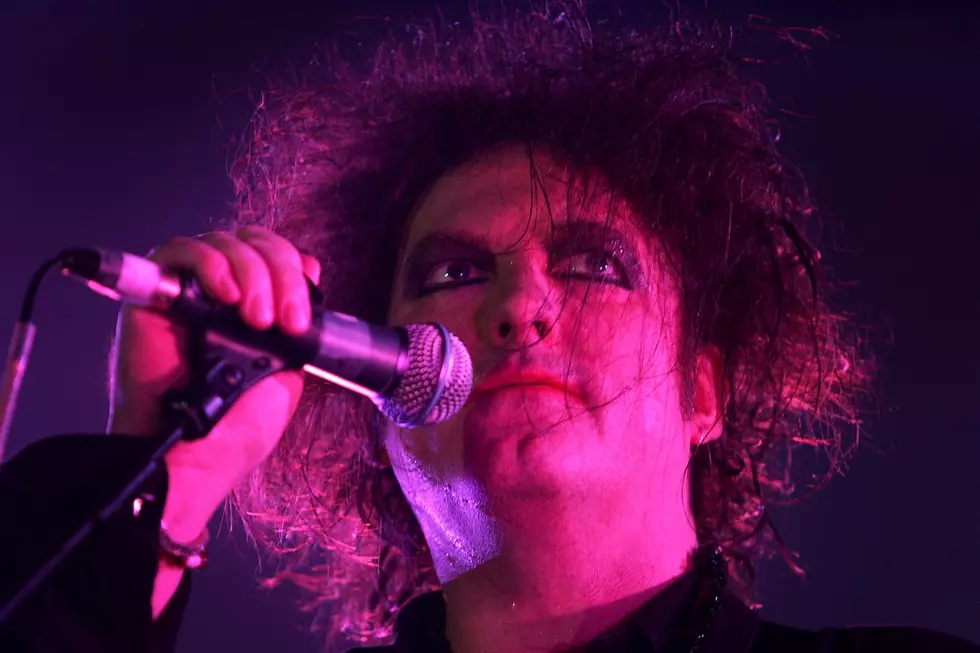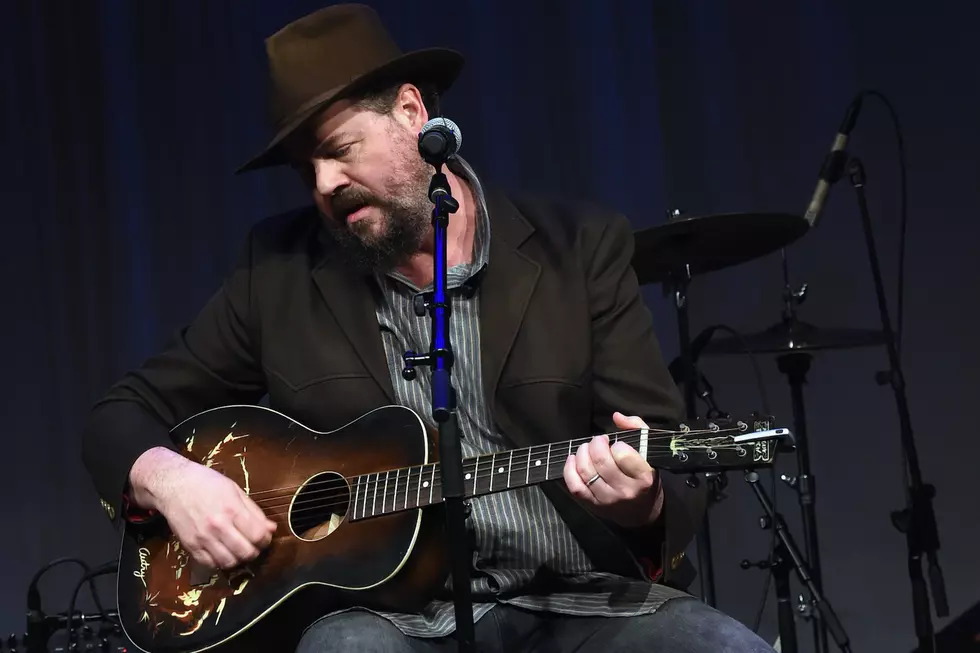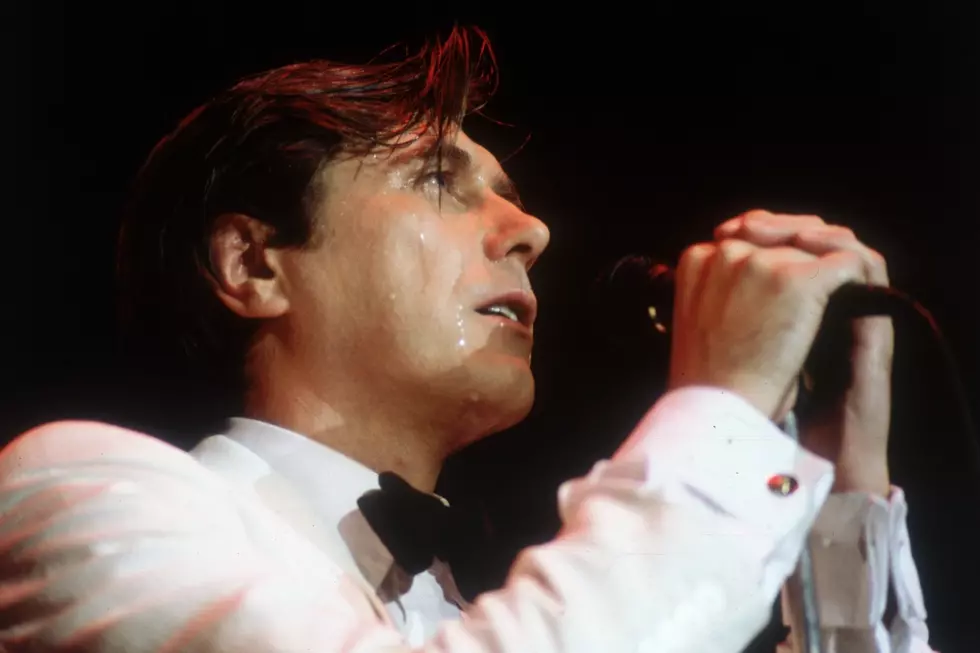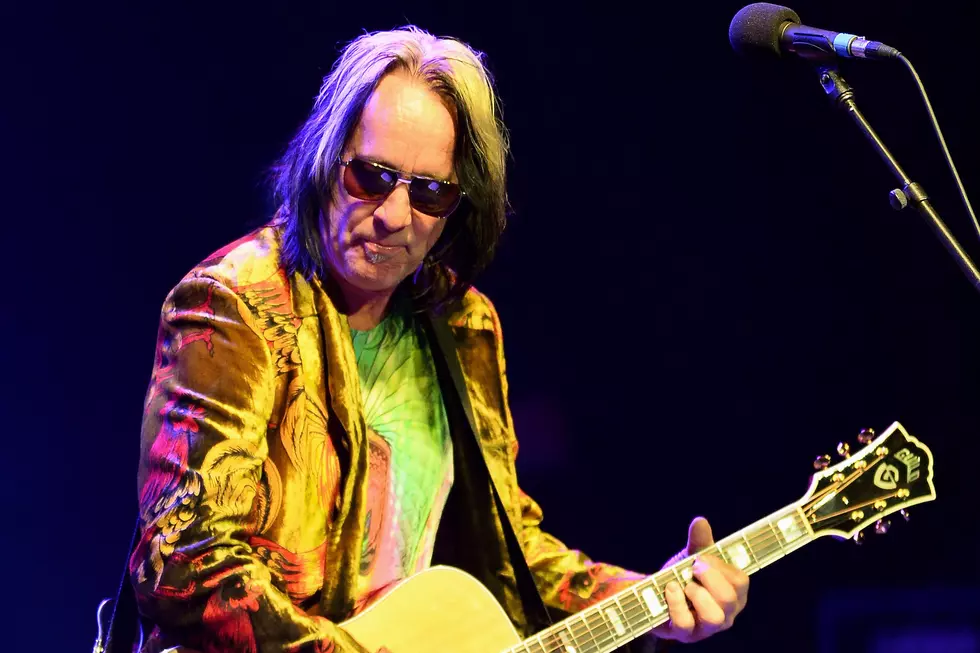
Vinyl Revival? Well, I’m More of a Cassette Man Myself
Are cassettes making a comeback? Well, no. Not really. It is true that Disney recently went out of its way to release the Guardians of the Galaxy soundtrack on cassette tape, and that, relatively, the tape saw some pretty good sales — at least, it sold out. But overall sales of cassette tapes sunk last year from 60,000 to 50,000, according to Nielsen. That’s compared to 140.8 million CDs sol last year. Meaning tapes, still obsolete, sold only .05-percent of what CDs did -- themselves soon to be obsolete. And that Guardians of the Galaxy tape? Optimistically, it sold about 11,500 copies. A rounding error for the record company.
To be totally fair, the overall figures on tape sales from Nielsen don’t include tapes sold at shows by bands like Viet Cong and King Tuff, who sell tapes at their concerts. But even if those sales doubled Nielsen’s numbers, the amount of tapes listeners bought last year would still amount to only a fraction of a fraction of the sales of CDs, which themselves are selling only a fraction of what they did 10 years ago.
OK, so strictly by the numbers: No comeback. Phew. Instead, what we have is what we could call a “renewed interest” — which is startling to people because, almost unbelievably, listeners used to actually, exclusively consume music on these things, and now you can go months without even seeing one. But while the comeback might be cooked up, the renewed interest is real. And I am among the interested.
For instance, there's Cassette Store Day, more a curiosity than anything, but a real thing nonetheless. CSD aims to support stores that sell cassettes. Also for instance, Metallica are doing a special Record Store Day cassette release of their first demos. So the fact that big record labels are responding (in, albeit, tiny ways) to this renewed interest isn't cooked up. And the level of interest is just loud enough that the media is starting to give it tepid, if credulous, attention. Marketplace, NPR’s business news show, did a piece a couple weeks ago on the “cassette comeback,” in which the reason given for the renewed interest is "tangibility." “If you have a glitch with your digital storage, it could be gone,” Wired writer Graeme McMillian told Marketplace. “Whereas with tape, it’s tangible. It’s right there.”
My interest in the cassette tape has nothing to do with the tangibility factor.
As one among the renewedly interested, I can say definitely that my interest in the cassette tape has nothing to do with the tangibility factor. It’s because, first of all, I actually like the medium — something that someone like McMillian, who probably encounters all kinds of cool technology every day, would probably find tough to understand. But it's for really surface-level reasons that I love it.
It's often said that the sound you get from tapes is "warm." I find this to be true, and it's one of the things I love about them. That soft hiss in the background, reminding you that behind it all, the album has its own essence, its own breath.
Cassette tapes are the best way to experience entire albums. Because you can't really skip tracks, it's totally immersive. Especially when you're driving a car. (You can't, after all, listen to vinyl in the car.) For example, there are few albums I know better than Let It Be. My dad and I listened to it repeatedly the week he drove me to college for the first time, a 1,391 mile drive during which Let It Be (the "Naked" version) was played at least 10 times.
We listened to it, and got to know it: The smoky organ line on "Don't Let Me Down," cool like New York City pavement; the white boy soul harmonies on "I've Got a Feeling." "Two of Us" was, of course, about the two of us. You don't bury yourself in an album like that when you can just skip back and forth between "Get Back" and "Let It Be." It was among the fullest, most emotionally-rich aesthetic experiences I've ever had.
Similarly, tapes are the absolute best way to share music with other people -- better than Spotify or iTunes playlists or burned CD-Rs. This is, again, because you ride out the whole thing. You can make a speech with a mixtape or tell a story. That's what I was trying to do when I made a mixtape for my pretty eighth grade English teacher, as I sat with legs crossed on my bed for a couple hours, flipping through my CDs and my parents' records, trying to convey just the right message with "You've Got to Hide Your Love Away" and "Life on Mars?" and "Wish You Were Here." I delivered the tape at school the next day with a pride that bordered on insane. (She probably got the message.)
Of course, as you can already tell, it's all very sentimental for me and for anyone who ever slapped a tape into the on-board console as a matter of course. That in itself is the second reason, besides the concrete facts of the medium, that I love tapes: They're niche. And being niche and weird is fun.
In the NPR story, the reporter interviews Mike Haley, who makes the Tabs Out podcast, an online radio show in which Haley and friends play cassette-only releases. But what the reporter misses, I think, is what I think is Haley's motivation behind doing the show -- that nothing like it existed before, and it's a weird idea, and no one else is doing it.
Finding and listening to tapes is kind of like finding cool vintage jackets or old art prints -- it's fun to discover something and own it completely -- make it part of you, in a way, and not have to share it with very many people. It's a medium that conveys big messages, that for lots of people has a lot of sentimental meaning, and that hasn't become so popular that I feel like I have to share it with a tone of people. That's what the renewed interest is about.
Just don't call it a comeback.
More From Diffuser.fm



